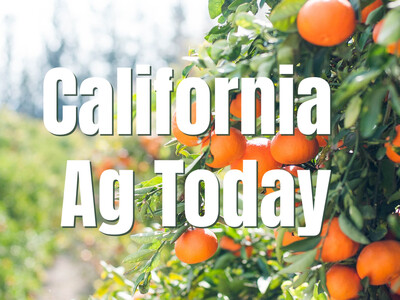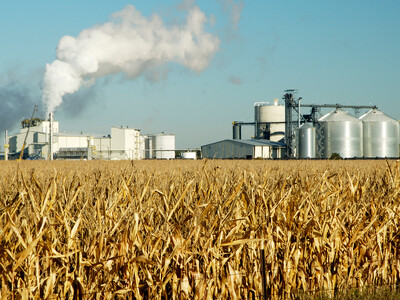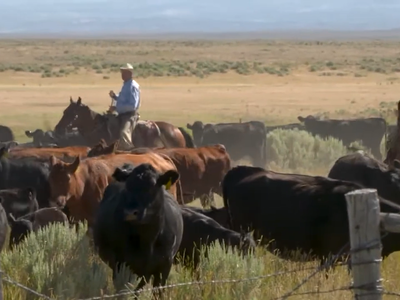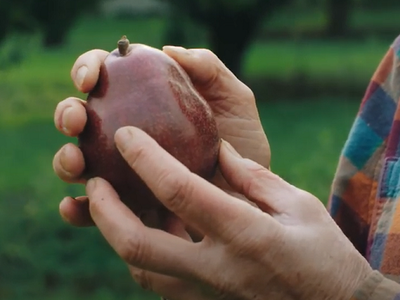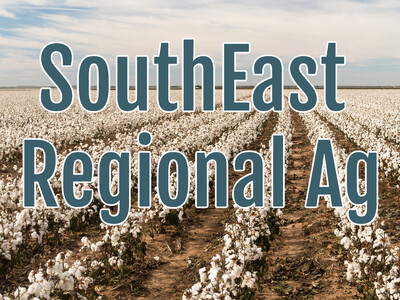USDA Reports Released & Pacific NW Commodities Update
USDA Reports Released and Pacific NW Commodities Update plus Food Forethought, I’m KayDee Gilkey with today’s Northwest Report.
Friday was a big day for the grains as four USDA crop reports were released Friday morning.
While USDA bumped up corn production numbers in its January report, quarterly stock reports for corn still came in below all pre-report estimates from traders.
Wheat acres came in at 41.8 million, which was smaller than expected plantings. USDA projected 29.1 million Hard Red Winter Wheat acres, which fell below the range for pre-report estimates. Soft Red Winter Wheat planting was 9.4 million acres while White Winter Wheat acres were reported at 3.3 million.
Northwest Farm Credit Services has released its year-end Market Snapshots and Vice President - Market Research and Development Michael Stolp gives an overview
Stolp: “The title for our review of 2012 is, ‘Outstanding or Just Standing in Agriculture’. In the midst of continued volatility, the Northwest’s agricultural industries remain strong supported by producers’ financial positions and favorable markets. Strong yields and high prices are resulting in good profits for apples, wheat and sugar beet growers while tight supplies are bolstering returns for cow calf producers and hay producers. Excepts though include thin profit margins for dairy producers and low open market potatoes
prices. The weak housing market continues to inhibit recovery in forest products and nursery industries, but U.S. consumers continue to purchase more wine, despite the slow growth in the domestic economy.”
Now with today’s Food Forethought, here’s Lacy Gray.
The recent apology from British environmentalist Mark Lynas, one of the men who was instrumental in spurring the anti-GMO movement in the 1990s, was a pleasant surprise to those who support GM crops, and rather a shock to those who don’t. His apology delivered at an Oxford Farming Conference was simply that he now feels he was wrong for spending so many year tearing down the benefit and safety of genetically modified foods, and he’s sorry for helping to create an atmosphere of fear and loathing for “an important technological option which can be used to benefit the environment”. Lynas says he now realizes that GMO foods are safe to eat and are necessary and essential if we are going to be able to feed a growing world population. Was there something specific that made him do such an about face? Well, according to Lynas it was simply the science, or essentially lack thereof in proving the dangers of GM crops. He went on to say that “a person is more likely to get hit by an asteroid than to get hurt by GM food”. The debate is far from over though. But perhaps this will spur both sides to work together in creating a world food network that can embrace using the best of both GM technologies and organic farming practices.
Thanks, Lacy. That’s today’s Northwest Report. I’m KayDee Gilkey on the Ag Information Network.






